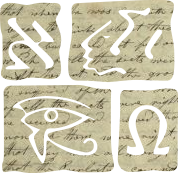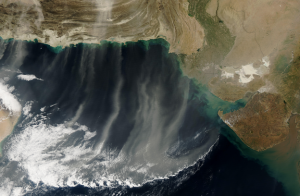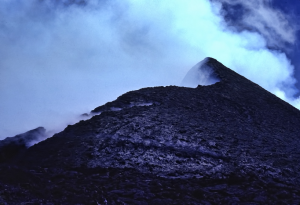
The Earth Shall Rest
Book of Moses Essay #29 Moses 7:60-69 With contribution by Jeffrey M. Bradshaw Having witnessed the abrupt end of the long-awaited coming of the Son of Man in His unexpected crucifixion, resurrection, and ascension; and having now understood that His presence on earth would not halt the wickedness of the







